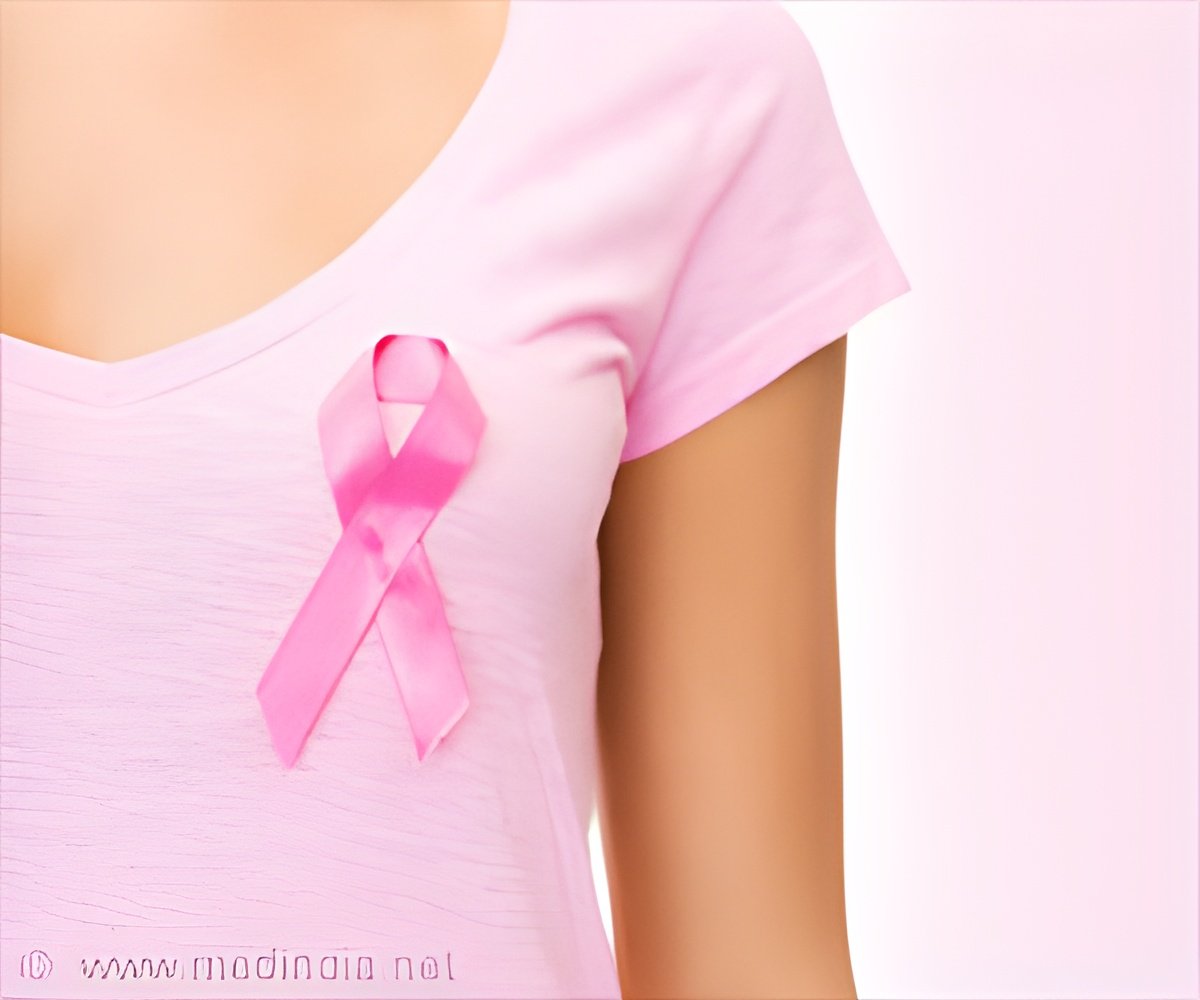Black African women are nearly twice as likely to be diagnosed with late stage breast cancer than white women in England.

‘25% of Black African women and 22% of Black Caribbean women diagnosed with breast cancer are picked up at stage three and four. This compares to 13% of white British women.’





This is the first time data on more specific ethnic groups and
their stage at diagnosis from across England has been routinely
released, helping to build a clearer picture of who is diagnosed at an
early or late stage.
Ethnicity and stage at diagnosis was collected for women diagnosed with breast cancer in England in 2012 and 2013.
Dr. Jodie Moffat, Cancer Research UK's head of early diagnosis, said, "Information about the stage when cancers are diagnosed in the UK has greatly improved in recent years, and it's vital the data continues to be collected and analyzed. While there are still gaps, this information provides a useful insight into which ethnic groups are more likely to be diagnosed with late stage cancer. It's difficult to know exactly what would be behind any differences, but there are likely to be a range of reasons, including possible differences in tumor biology, awareness of symptoms, barriers to seeking help, attitudes to cancer and breast screening attendance."
Dr. Jem Rashbass, PHE Cancer Lead, said, "This analysis will help improve awareness and target treatments. It also shows how vital it is that we collect data is on every person with cancer England, as findings like these are only possible due to the world leading cancer data we have in this country."
"It is hugely important to catch all cancers, but particularly breast cancer, early. Lumps are not the only sign and women should tell their GP if they notice any changes to their breasts such as nipple discharge or changes to the skin of the breast. Breast screening is offered to women aged 50-70 and can help detect cancer earlier and improve survival."
Advertisement
Source-Eurekalert















